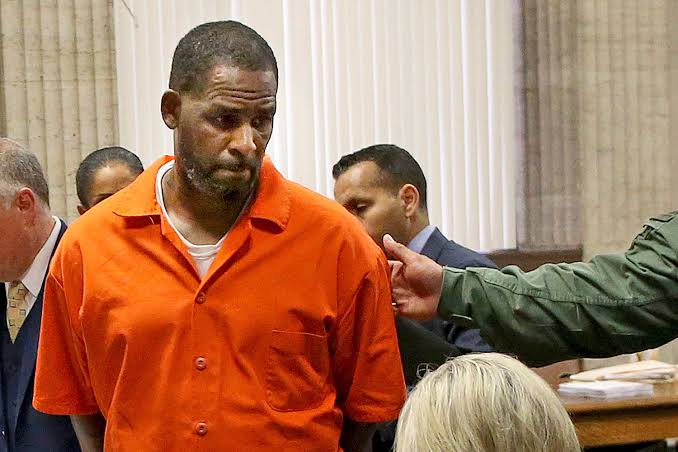After being convicted of multiple child sex offenses, R.Kelly is pushing back, claiming that the federal PROTECT Act used in his prosecution was not applied correctly. His legal team recently filed an appeal with the Supreme Court, arguing that the law, which permits prosecuting child sex crimes throughout a child’s lifetime, should not retroactively apply to his case since the offenses took place prior to the law’s enactment.
In 2020, R.Kelly faced 13 charges under the PROTECT Act for crimes involving three underage girls in the 1990s. He was found guilty on six counts, which included child pornography and coercing minors into illicit sexual activities, resulting in a 20-year prison sentence.
Jennifer Bonjean, Kelly’s attorney, contends that the 2003 law was never intended to have retroactive effects when it was established by Congress. She stated, “Consistent with the well-established presumption against retroactive legislation, the 2003 amendment is inapplicable to the charged conduct.”
The current appeal aims to prompt the Supreme Court to review the applicability of the law to R.Kelly’s case. A federal appeals court in Northern Illinois previously upheld the conviction earlier this year, reasoning that the PROTECT Act was appropriately applied given that the victims are still alive, and retroactive enforcement of the law is not unconstitutional.
This marks R.Kelly’s ongoing efforts to challenge his legal woes. Apart from the 2022 conviction in Illinois, he also faced nine similar charges in New York in 2021. Kelly is actively appealing the New York conviction, disputing the use of RICO charges, which allege his involvement in an operation that recruited women and girls for illicit sexual activities.
While R.Kelly awaits the Supreme Court’s decision on his petition, it’s crucial to note that the court generally denies the majority of such requests.



Comment